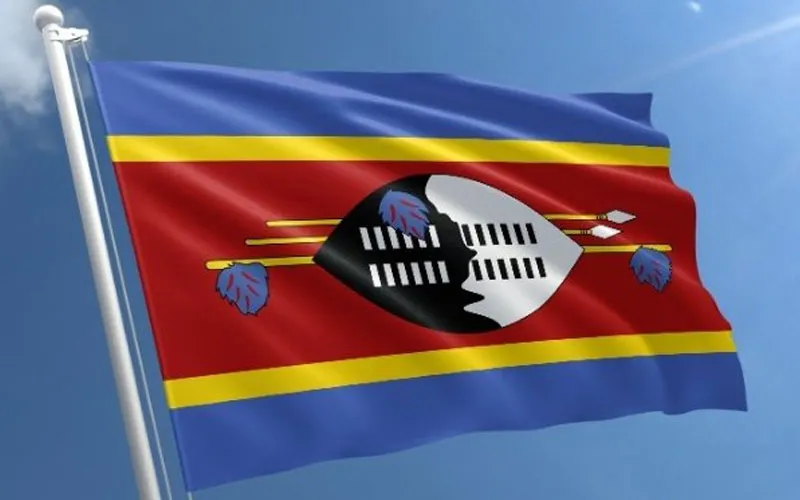The Catholic Church leaders further implore those protesting in public to take appropriate measures to inhibit the spread of COVID-19.
They say, in their statement, that their message is intended for all, Catholics and non-Catholics alike.
“The command of Christ means that we have to reach out to all people. Church statements on Justice and Peace are not just directed to Catholics only, but to non-Catholics as well. Our mission is to be inclusive all the time,” the officials say.
They add, “In this we are encouraged by the great example of Jesus who never marginalized people, even those who were considered to be outlaws during his time. We continue to work for peace for all people.”
“The Roman Catholic Church's main duty is to preach the Gospel of Christ to all people as commanded by Christ himself,” the CJPC officials say, quoting the message in the Gospel of Matthew 28.
(Story continues below)
The leaders appeal for the return of peace in the country that has been described as generally quiet, saying, “Indeed peace is the goal of life in society, as is made extraordinarily clear in the messianic vision of peace when all peoples will go up to the Lord's house, and he will teach them his ways and they will walk along the ways of peace.”
“We look forward to God’s peace,” they said, adding “When the king rules according to God’s justice, righteousness flourishes and peace abounds till the moon is no more.”
“May God change all our hearts and allow us to be vigilant in searching for His face in every encounter and interaction, defending the dignity of every human life, for we all deserve to live free from fear and harm. Let Justice and Peace prevail,” CJPC officials in Eswatini’s Catholic Diocese of Manzini say in their July 3 statement.
Meanwhile Pope Francis has appealed to those in authority in Eswatini “to work for the common good for dialogue, reconciliation and the creation of peace.”
“Dear brothers and sisters, from the beloved nation of Eswatini, in Southern Africa, the sad news of violence. I call upon all those who have responsibility and those who are expressing their aspirations for the future of the country to work for the common good for dialogue, reconciliation and the creation of peace from the different viewpoints” the Holy Father said in his July 4 address after the Angelus.
Agnes Aineah is a Kenyan journalist with a background in digital and newspaper reporting. She holds a Master of Arts in Digital Journalism from the Aga Khan University, Graduate School of Media and Communications and a Bachelor's Degree in Linguistics, Media and Communications from Kenya's Moi University. Agnes currently serves as a journalist for ACI Africa.








